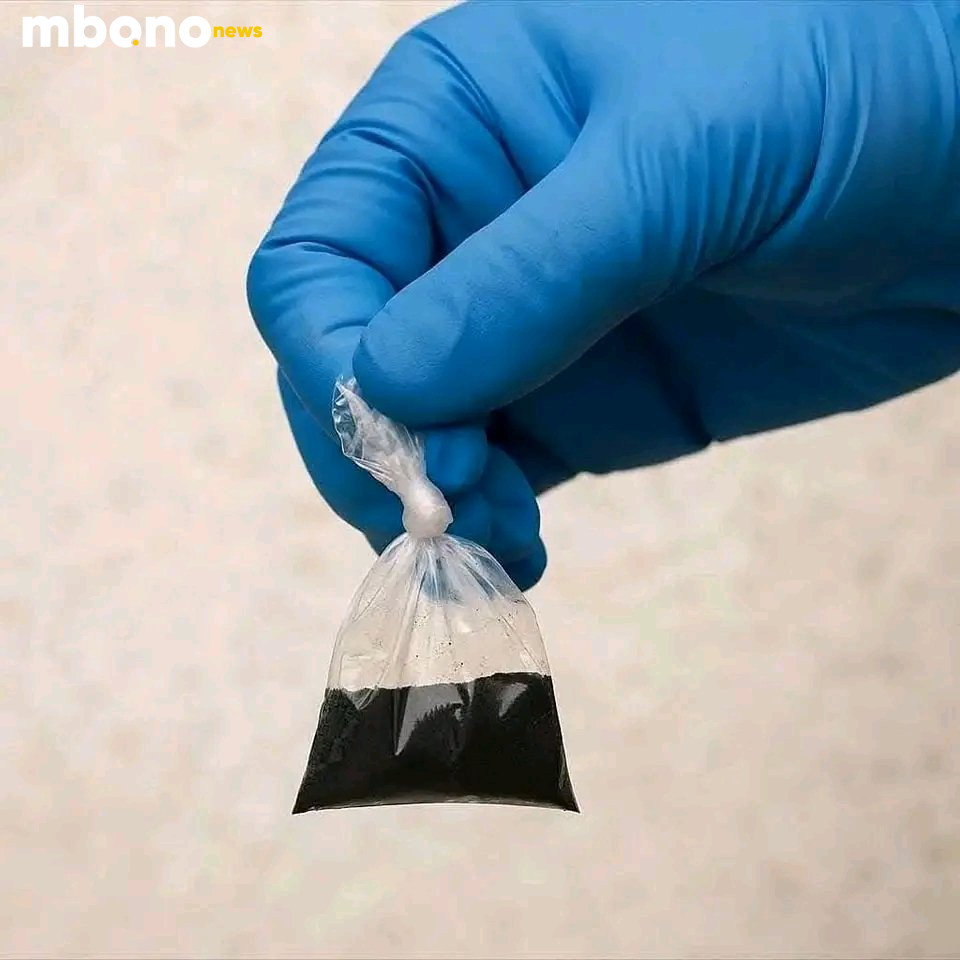In a decisive move to protect public health, South Africa has officially banned the pesticide Terbufos, locally known as “Halephirimi” or “Alephirimi,” after the chemical was linked to the tragic deaths of six schoolchildren in Soweto in 2024.
The children reportedly consumed snacks from a neighborhood tuck shop that were unknowingly contaminated with Terbufos, a powerful agricultural pesticide illegally repurposed as a rodent killer in some communities.
Swift Government Action
In response to public outcry and the devastating incident, the South African Cabinet has approved an immediate and full ban on the importation, distribution, and use of Terbufos.
“This is not just a regulatory step, it’s a moral obligation,” a government spokesperson stated. “The safety of our children and communities comes first.”
Terbufos: A Silent Killer
Terbufos has long been known for its toxicity. While used legally in agriculture in some countries, its use as a household rodenticide is both illegal and extremely dangerous. The pesticide works by disrupting the nervous system, and even tiny amounts can be fatal, especially to children.
Community Impact and Awareness
This incident has shed light on gaps in regulation enforcement and the underground sale of hazardous chemicals in informal markets. Health officials and activists are calling for stricter controls, better labeling laws, and increased community education to prevent further tragedies.
Looking Ahead
The ban marks a significant turning point in South Africa’s approach to chemical safety. Authorities are urging the public to report any possession or sale of Halephirimi, and efforts are underway to safely remove the pesticide from all known storage points.
